As rain started to trickle down from the sky, Katie Putney and her classmates headed to the nearest school, while members of the Rwandan village of Kibondo looked at them in bemusement.
The 6-foot-5 Putney has played a lot of volleyball for Division I American University in Washington, D.C., but when it rains in the United States, it means it’s time to go inside. In Rwanda, it means you keep playing because it’s just a bit of water.
It was a moment of levity, but it underscored the cultural differences of the two groups.
Putney, a Pendelton native and Starpoint High School graduate, visited the African country for 11 days in May as part of a mission trip through American’s Leadership Academy and Courts for Kids, where they built a multi-purpose outdoor court for the village. She had been on mission trips before through Pendleton Center United Methodist Church, but this was like nothing she had ever experienced.
Luxuries subconsciously taken for granted in the United States did not exist. Villagers collected water from the rain season and walked miles to go to school. They visited the Kigali Genocide Memorial and learned about the atrocities from the 1994 Rwandan genocide.
It was a life-altering trip that suddenly made volleyball practice seem easy.
“Being able to go to the bathroom, wash your hands or fill up your water bottle anywhere,” Putney said. “Anywhere you go I feel like in America you can fill up your water bottle, get a drink of water, take a shower. In Rwanda they just have to work for that so much harder and you would never guess that they would never take that for granted.”
In Kibondo’s school there was no sports equipment and only a field to play soccer, but the grass was overgrown and unkempt. To build the court, there was no construction crew or concrete mixer to make the job easier.
Instead, the roughly 20 American athletes partnered with villagers by forming a production line, passing heavy buckets — called indobos — until they reached those who would toss the concrete mixture onto the court. They spent four days building the court until it was finally complete for a volleyball game to be played.
“It wasn’t like we were going in there and building the court, the community was extremely involved,” Putney said. “They helped us with everything, they were set up, they got the land ready for the court, they primed where we were going to build it. And then throughout the whole process, they were the ones leading us and showing us how we can help them.”
The purpose of the trip wasn’t just to help the community build a court, but to offer insight into a different culture and to show how people can thrive without the amenities Americans have at their fingertips.
Putney learned that after elementary school, many girls in the village leave school to work at home or in the fields to help their families. And a chunk of girls who do continue in education leave to attend boarding schools, but the number who can afford to do so is small.
“It was really cool to see how immersed she was in the whole experience, just taking everything in and just giving her all, both to, the construction of the court, but also to building relationships with the kids in the area across cultures,” said Yilret Yiljep, who is American’s senior coordinator of student-athlete development and leadership. “There was a little bit of a language barrier, as well, but just watching her just push through and navigate that and play games with the kids as a way to get to know them a little bit more was really cool to see.”

Pendleton’s Katie Putney was one of 20 American University athletes who traveled in May to Rwanda to help build a multi-purpose athletic court.
Yiljep has noticed that those who have a positive experience during such a trip are more likely to take another one. After the trip, Putney realized that she wants to continue to stay active in sports, not just because she is entering her senior season for American, where she has 375 career kills and 162 blocks.
Whether it’s a full-time job or on the side, Putney wants to work with non-profit organizations to bring sports to underdeveloped communities in the United States and around the world after realizing the happiness athletics can bring people.
“One of the things we emphasized while we were there is how important sports are to not only happiness, but it can also teach you leadership, how to work well with others and it can help you in your academics,” Putney said. “Sports or just something so important for kids in general, no matter where you live. So I’ve kind of realized through this trip that it’s something I want to continue for the rest of my life.”





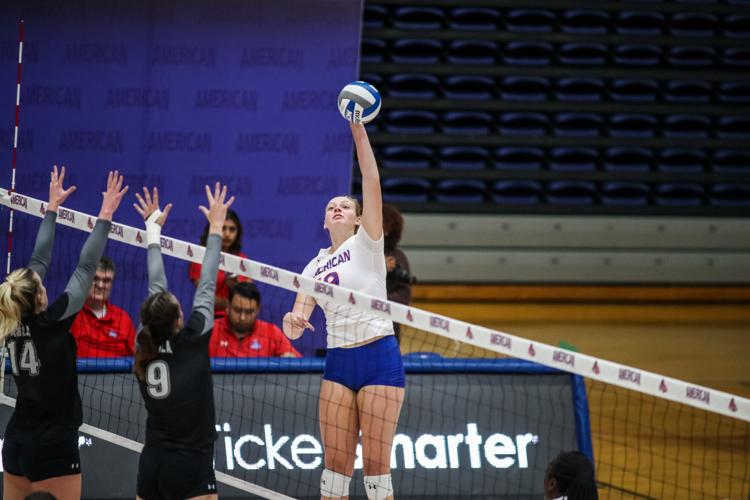


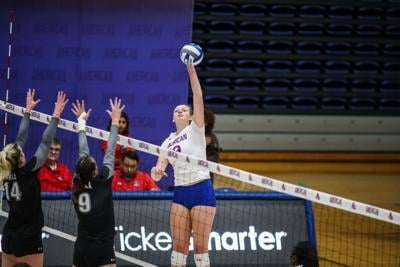




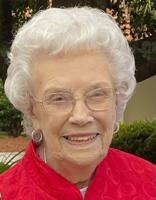
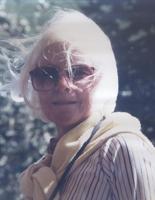
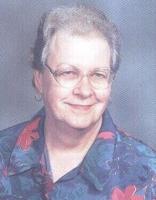
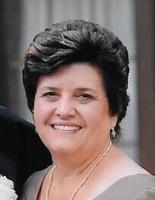






Commented
Sorry, there are no recent results for popular commented articles.